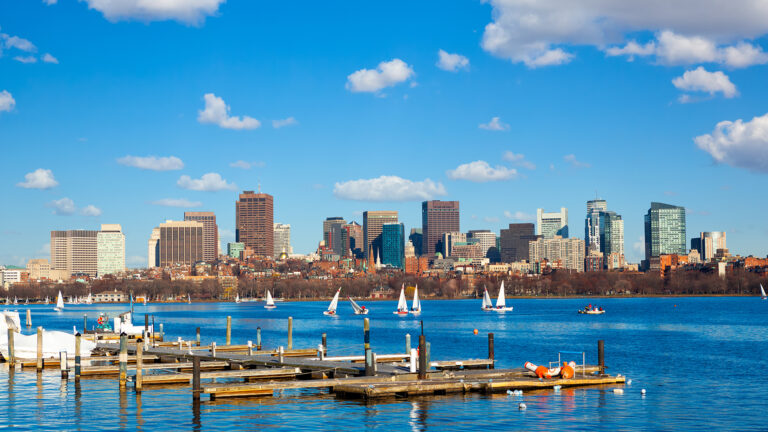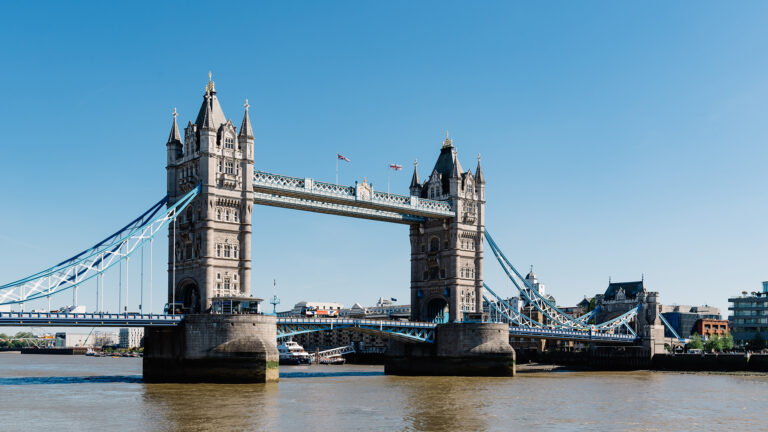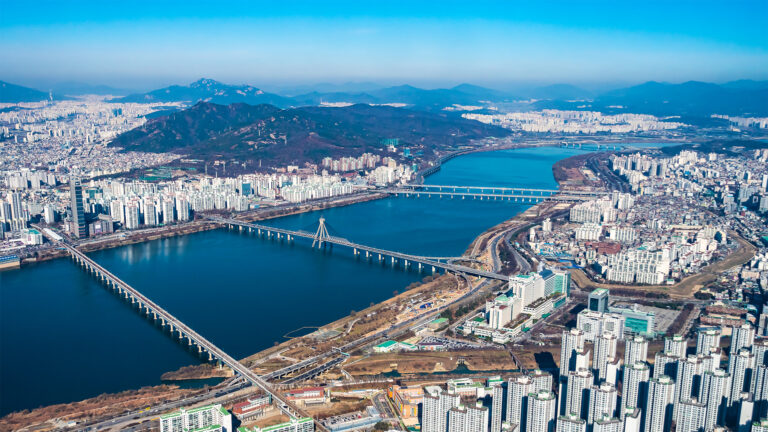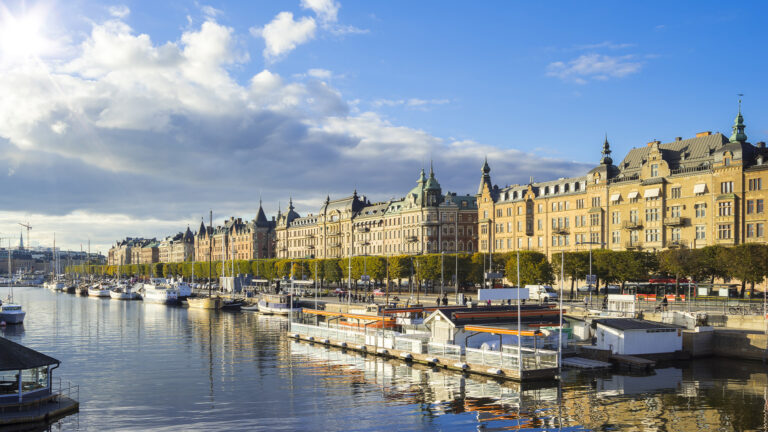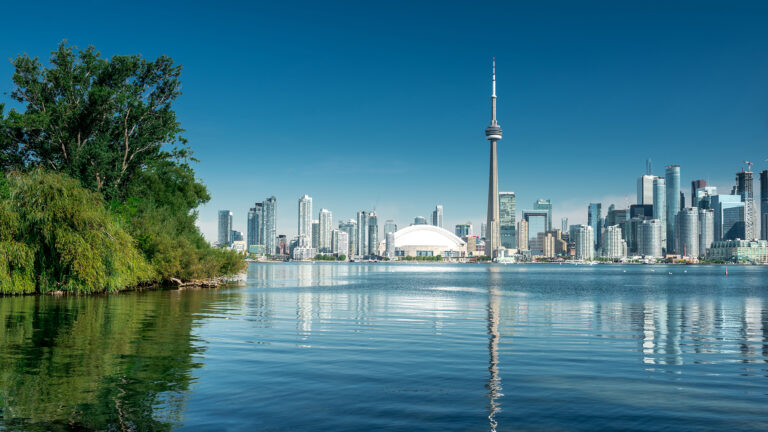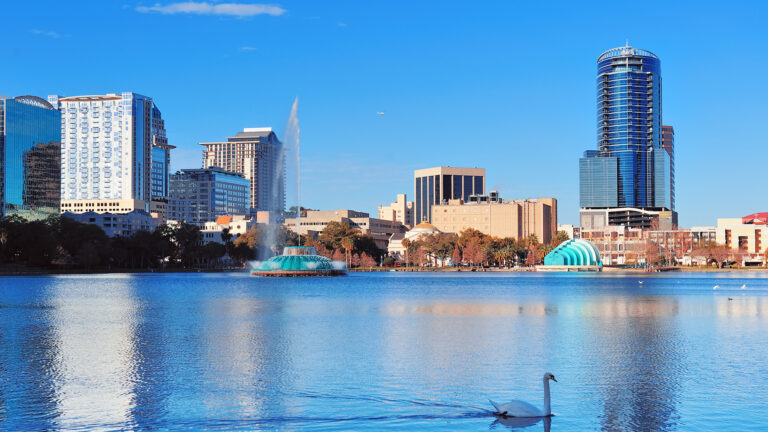By Nick Hedley
Temasek’s chairman, Lim Boon Heng, has warned
investors that “there are no returns from a dead planet” after the Singaporean
state-owned investment company launched a fund aimed at accelerating the
decarbonization of the world economy.
Speaking at Temasek’s annual Ecosperity conference, Lim said
countries and businesses were realizing that they needed to accelerate climate
action as “time is running out.” He said Temasek welcomed the government’s new
progressive carbon tax plans, as they would better guide investment decisions,
and said start-ups focused on innovative decarbonization solutions needed
support.
Lim’s comments came shortly after Temasek announced the
launch of GenZero, a wholly owned investment subsidiary dedicated to tackling
climate change, while also delivering long-term financial returns.
GenZero will invest in early-stage and growth-ready
companies that focus on decarbonization technologies, nature-based solutions,
or carbon ecosystems.
Temasek has committed an initial amount of S$5 billion ($3.6
billion) to the firm, which will be led by Frederick Teo. Teo was
formerly managing director of sustainable solutions at Temasek International.
Teo said in a statement the firm will work with investee
companies to address operational challenges and “accelerate the deployment of
their solutions to achieve our shared net zero target.”
Dr. Steve Howard, chief sustainability officer, Temasek
International, said: “GenZero will not only support Temasek’s efforts as we
strive towards halving our portfolio’s net emissions by 2030 and working
towards a net zero portfolio by 2050, but also those of the wider ecosystem.”
In the technology segment, GenZero will seek companies working
on solutions such as low-carbon materials, carbon capture, utilization and sequestration
(CCUS), and advanced biofuels.
It has already invested in Newlight, a U.S.-based
manufacturer of biomaterial produced from methane that aims to displace
plastics. And through a joint investment with C-Quest Capital, GenZero is
funding the deployment of clean cookstoves to rural households in Southeast
Asia.
The firm is launching funds with Decarbonization Partners – a
Temasek-BlackRock partnership – and is also working with the Brookfield Global
Transition Fund.
In the nature-based solutions segment, GenZero will partner
with organizations in the forestry and agriculture sectors, leveraging carbon
credits for funding.
It has partnered with the Global EverGreening Alliance to
assist farming communities in Kenya with land restoration and tree planting,
and has invested in the New Forests Tropical Asia Forest Fund 2.
In the carbon ecosystem space, GenZero will back providers
of climate advisory services, carbon trading infrastructure, monitoring, reporting
and verification technologies, and rating providers.
It has already invested in climate solutions firm South
Pole, and is working with Climate Impact X, a carbon marketplace. It has also
backed Perennial, an early-stage start-up using artificial intelligence and
remote sensing to quantify soil organic carbon sequestration on agricultural
land.
GenZero’s launch comes after a new study by Deloitte found
that as the transition to a more sustainable economy gains momentum,
institutional investors could derive the biggest financial gains from
investments in the Asia-Pacific region.
The report found that climate change could cost the global
economy $178 trillion over the next 50 years if left unchecked. The
Asia-Pacific region would be the worst-hit region in a negative climate
scenario. However, the region also offers the greatest opportunity for value
creation if action is taken.
“The biggest losses and biggest gains arise in Asia – driven
by its geography and climate exposure, and its industrial structure,” Dr.
Pradeep Philip, lead partner for Deloitte Access Economics, told Markets
Group. “So, the losses are large but so too is the upside. That’s why we often
argue that the war on climate will be won or lost in Asia.”
Deloitte found that robust climate action could boost the
region’s economy by $47 trillion.


